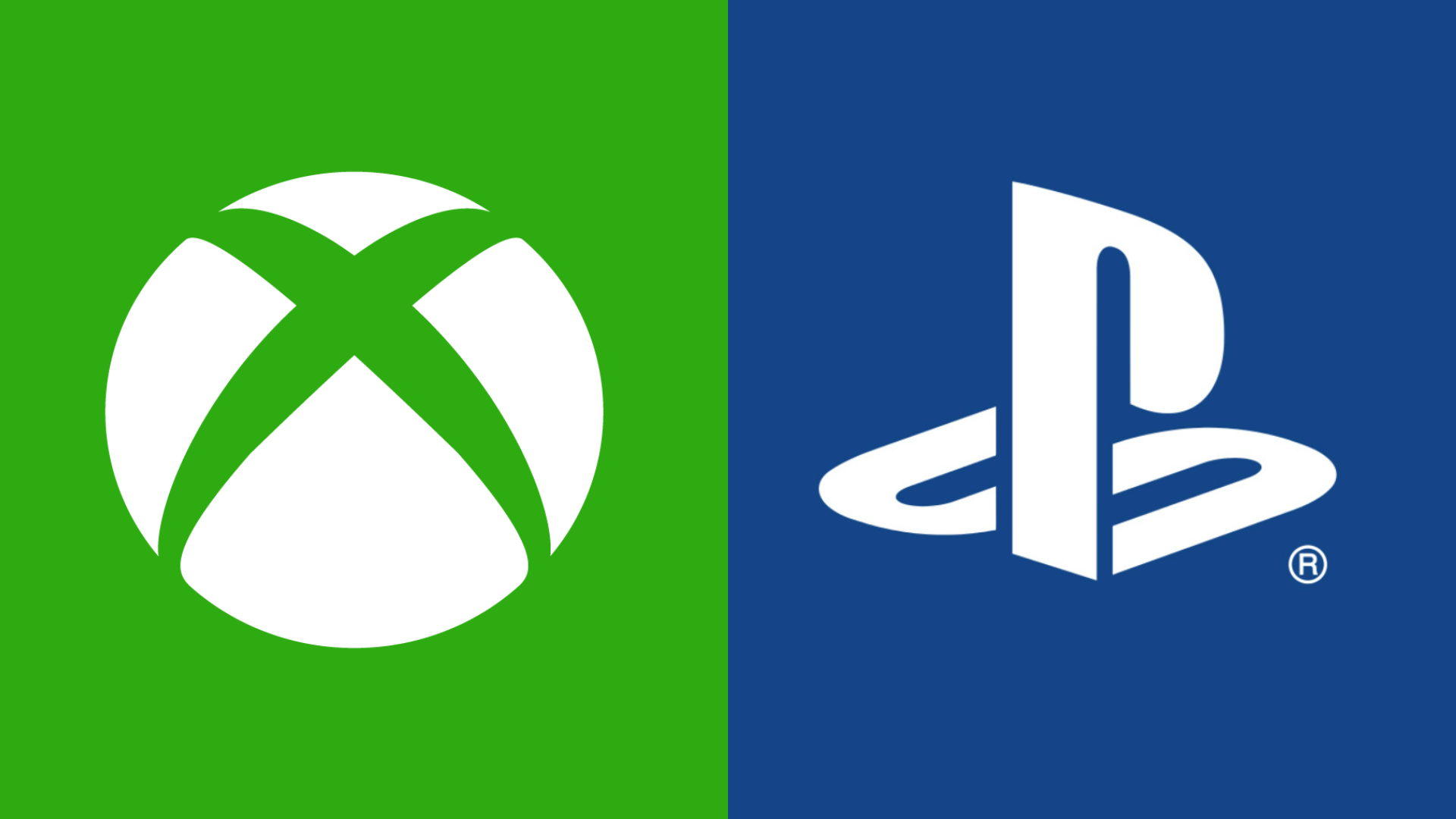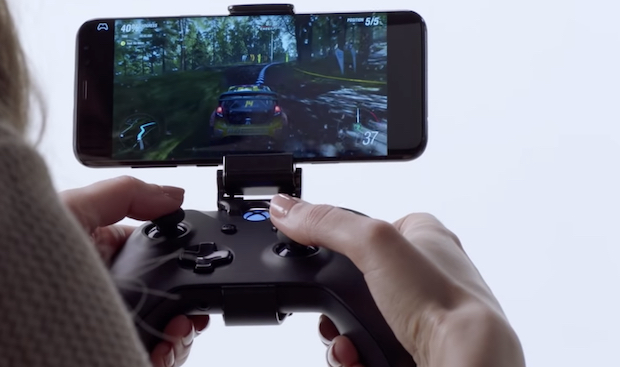
The big news of this week, for those of you who haven’t been paying attention, is Microsoft and Sony partnering up. PlayStation and Xbox joining forces to explore a strategic partnership—not necessarily in the way you think, mind you. They’re basically partnering on cloud tech and AI, which means Microsoft will be providing Sony the infrastructure for those areas.
These kinds of collaborations are not unprecedented—in the smartphone industry, Apple buys its screens from Samsung, the company that is its primary rival. In the PC industry, Microsoft famously invested into Apple in the late 1990s when the latter company was having financial problems.
Even in the gaming industry, we see these kinds of collaborations all the time—most recently, we have seen Microsoft and Nintendo collaborating more closely than ever before. Microsoft and Sony buddying up after seeing Microsoft and Nintendo do so doesn’t really feel out of character. And, again, it works to both companies’ benefit—Microsoft, a services provider at its core, benefits from Sony being a customer for Azure and its AI tech; Sony, a company with a historic weakness in online infrastructure, now has one of the market leaders reinforcing its network capabilities. Win-win all around, right?
But this partnership between the two companies is also interesting because of other implications. No, there will not be a PlayStation-Xbox console, and that’s not what I am driving towards. But the fact that Sony is explicitly looking to leverage Microsoft’s expertise for cloud gaming demonstrates a lot of things—not least that Sony recognizes its own infrastructure is inadequate to go toe-to-toe with a company like Google, who are entering the gaming sphere with the cloud gaming platform, Stadia.
But the most important thing here is that Sony is taking cloud gaming that seriously to begin with. Of course, Sony has been a player in the cloud streaming market since before the cloud streaming market started to gain momentum, with PS Now being a streaming service that has existed for the better part of five years, and Sony’s potential trump card in the upcoming streaming wars. But the service is fundamentally inferior to Google’s Stadia (based on the beta tests for Project Stream) or Microsoft’s xCloud (presumably), because Sony lacks the worldwide internet infrastructure and data centres that Microsoft and Google have.
That said, Sony, who have a new console coming up soon, have not necessarily demonstrated an interest in cloud gaming beyond having their toes dipped into the pool, even as that slice of the market has grown more and more contested—until now. Now, it seems, Sony recognizes the urgency of doing well in this area of the market—in fact, it seems that Sony recognizes the urgency so well that it will partner with its direct rival Microsoft to boost its own product offering.
This, of course, lends further credence to the idea that the next stage of gaming platform wars will be fought over the cloud. It’s an idea we already have had reason to accept as credible—Microsoft, Amazon, Google, EA, Square Enix, Ubisoft, Nvidia, and many more companies, have all openly discussed the future of gaming in terms of the cloud. And as much skepticism as there is around this fantasy ever actually manifesting as reality—due to the fundamental constraints placed on cloud gaming—for now, it seems that this is a major point of investment for many big players.
And now, we have no less than the current leader in the console market, and a company that already has a cloud offering, albeit one that they haven’t shown much interest in, basically announcing a collaboration with their competitor to dive headfirst into the cloud gaming pool. Sony, it seems, wants to be prepared for an eventuality where consoles are rendered obsolete by cloud gaming sooner rather than later.
And what of Microsoft, then? Microsoft does feel that the future of gaming is play anywhere, buoyed by its cloud gaming and services led efforts. What does that company stand to gain by giving away their big advantage in what they feel to be the ultimate end point of the gaming industry? Why would Microsoft willingly aid in the development of a competitor’s product, when they could stand to have an advantage and dominate the future?
This, of course, comes back to the same argument that I made when Microsoft’s collaborations with Nintendo were being discussed—Microsoft is primarily not a gaming company, Microsoft is a services company. I mean this in a good way—for Microsoft, the most desirable end goal is as many companies and products being powered by Microsoft services as possible. Whether this means that their own products are enabling this, or that the products being sold belong to other companies, but are powered by Microsoft’s services, that enable this, is irrelevant to Microsoft. The more people that are consuming a product that is powered by Microsoft in part or in whole, the better.
So, in a hypothetical future where cloud gaming dominates the gaming landscape, and Sony, powered by Microsoft’s Azure tech, is the market leader? Microsoft is still the winner, even if xCloud is playing second fiddle to Sony, because effectively, Sony’s cloud offering is just Microsoft’s, but with a Sony badge, and Microsoft is still getting paid for it.
Finally, an unintended consequence of this partnership is that Sony is now, as well as Microsoft, capable of fending off Google. Where earlier Sony’s capability of surviving in a cloud gaming landscape was in question—Google and Microsoft are trillion dollar companies with years and billions invested in infrastructure around the world, the kind of cachet Sony could never even hope to overcome—now, thanks to Sony essentially using Microsoft tech, they stand a better chance of facing against Google.
And all that took was for PlayStation and Xbox to work together.















